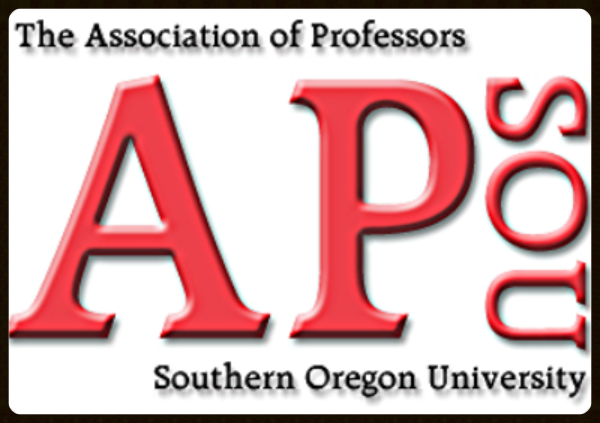During the 2013
regular legislative session (February – June), there were three key pieces of
legislation which attracted most of our attention. The first was simply the funding measures for
the Oregon University System. Happily,
the OUS was funded better in this biennium than it was in the previous
one. The 2013-15 general fund budget was
increased by 10% over the 2011-13 biennium budget. Good as that sounds, it follows a 16%
decrease in 2011-13 from the 2009-11 biennium.
Oregon’s massive disinvestment in public higher education over the last
two decades is still the biggest story for the OUS, despite the welcome uptick
in this biennium. The capital budget for
the OUS also saw very significant increases from the previous biennium.
Probably the hottest
issue for AOF was the passage of a bill allowing for individual institutional
governing boards. AOF did not take an
official position for or against this concept, though it clearly signals the
dissolution of the Oregon University System as we know it, and raises numerous
questions about how the individual institutions will operate and even survive
in the future. What we did advocate for was a continuation of
Oregon’s rich history of shared governance by the faculty. At the lowest ebb in the legislative session,
there would have been NO faculty representation mandated on individual institutional
boards. AOF and others managed to steer
this to a final bill which guaranteed that there would be a faculty member, a
student, and a staff member on each individual board. The voting status of these positions was left
to the Governor to decide when making his or her nominations. Happily, Governor Kitzhaber did recommend
that all of these positions would have a vote.
The final big issue
confronting AOF were the attacks on PERS.
Our positions is that PERS employees have contractual rights to their
benefits, and that is illegal to change those benefits retrospectively because
they are contractual. It was a difficult
environment, however, to say the least.
The Governor led with an aggressive plan to cut benefits to create
dollars for this biennial budget, and his proposals were mid-way between what
the more cautions Democrats were willing to try and the robbery the Republicans
insisted on. What did emerge from the
session was a plan to cut COLA’s for retirees (already capped in statute to a
maximum of 2% per year!). The PERS Coalition
is challenging this law in court.
All of the previous
information was the status at the end of June.
Two new developments are on the political radar right now, in
September. The Legislature has been
called into special session by Governor Kitzhaber to pass a “grand
bargain”. The primary goal is to create
more general fund money by reducing PERS liability through cutting PERS
benefits even more. When first
presented, the Governor combined additional COLA cuts with the by fiat
elimination of “money match” for PERS retirees who had broken PERS-eligible
employment more than 3 years before retirement.
This would have hit OUS faculty particularly hard, as many had in good
faith left PERS to join an Optional Retirement Plan (ORP; e.g. TIAA-CREF). Fortunately, the outlines of the “grand
bargain” now do not include this latter part.
The other new
development is that the OUS Finance and Administration Committee announced in
August, without OUS Board consideration and approval, a policy change on
accounting practices surrounding “uncollectible debt” for OUS institutions. This has created tremendous hardship for EOU
and SOU, in particular, and also has some negative impact to the other OUS
institutions. To date, the answers supplied
by OUS Vice-Chancellor Jay Kenton for the need for the speed and severity of
these changes have been unsatisfactory.
We intend to pursue this, at least to the OUS Board level, as a decision
of this magnitude should at the very least be debated and decided by the full
OUS Board.
Moving forward, AOF
is already gearing for the February session.
More PERS attacks are expected, and operational details of the
individual institutional boards and especially their interaction with the new
Higher Education Coordinating Commission will likely be in play. And of course, the specific governance
futures for the regional institutions (EOU, SOU, OT, and WOU) will also be
finalizing in the next few months.
We are truly blessed
(doomed?) to live in interesting times!
--Kemble Yates
AOF
Secretary-Treasurer, and SOU Representative
